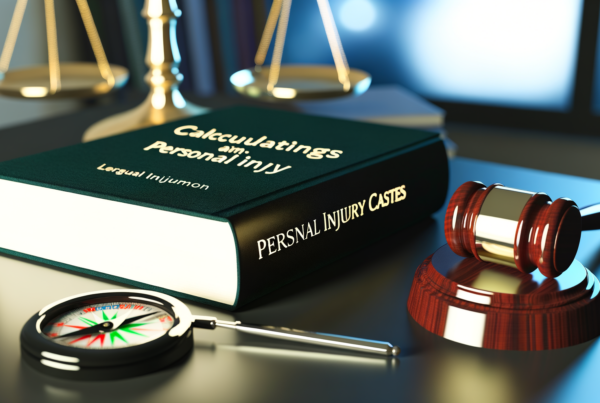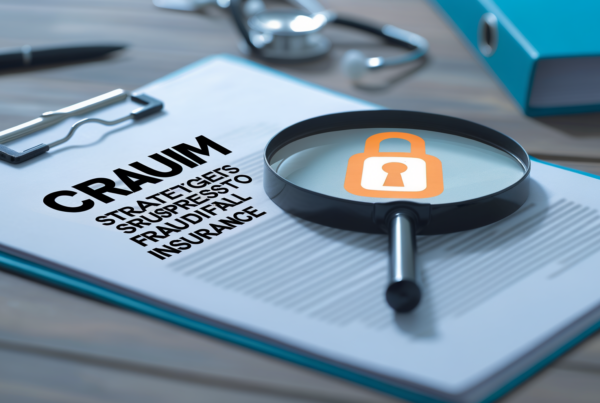When disputes arise in liability cases, the role of an insurance defense attorney becomes crucial. These legal professionals represent insurance companies, ensuring that their interests are safeguarded while defending their policyholders against claims. Liability cases can involve a variety of situations, including personal injury, property damage, and professional malpractice. This article will explore the multifaceted responsibilities of insurance defense attorneys, their approach to litigation and settlement, and the importance of their expertise in navigating complex legal frameworks. By understanding their role, one can appreciate how they contribute to the overall liability landscape and assist both their clients and the broader insurance community.
The Responsibilities of Insurance Defense Attorneys
Insurance defense attorneys bear significant responsibilities when representing their clients. Their primary duty is to defend the insured party within the parameters of their insurance policy. This involves examining the facts of the case, gathering evidence, and evaluating the plaintiff’s claims to devise a defense strategy. They must be well-versed in various areas of law, including tort law, contract law, and regulations specific to the insurance industry. Furthermore, these attorneys often conduct extensive legal research, which informs their approach in court and helps to identify any potential weaknesses in the plaintiff’s case.
Litigation Strategy Development
Developing a robust litigation strategy is integral to an insurance defense attorney’s role. Each case requires a tailored approach based on the specific circumstances surrounding the claim. This process typically involves initial assessments where the attorney analyzes the evidence and the validity of the allegations against their client. They may also engage experts to provide credible testimony, conduct depositions, and develop a comprehensive understanding of the legal precedents that may influence the outcome of the case. A well-prepared attorney can strategically decide whether to pursue negotiation, mediation, or trial, depending on the situation’s nuances.
Negotiation and Settlement
Negotiation is a critical component of an insurance defense attorney’s role. Many liability cases are settled out of court, which can save both time and resources for all parties involved. An experienced attorney can engage in settlement discussions with the opposing counsel, assessing potential risks and benefits while advocating for a fair resolution that protects the interests of the insurance company and the insured. In representing their client, these attorneys must balance their duty to minimize costs with the need to ensure that any settlement aligns with their client’s best interests.
Expertise in Legal Frameworks
Finally, insurance defense attorneys must possess a deep understanding of the legal frameworks that govern liability cases. This knowledge is essential for effectively navigating the intricacies of state laws, regulations, and court procedures. Furthermore, they must stay updated on recent legal developments, emerging case law, and evolving standards in the insurance industry. This expertise not only bolsters their defense strategies but also helps in advising insurance companies and policyholders on risk management and compliance with applicable laws, ultimately contributing to a more informed approach to liability issues.
In conclusion, the role of an insurance defense attorney in liability cases encompasses various critical responsibilities that significantly impact the outcome of legal disputes. From their foundational responsibilities to the intricacies of litigation strategy, negotiation, and expertise in legal frameworks, these attorneys play a pivotal role in defending their clients. Ultimately, recognizing the complexity and significance of an insurance defense attorney’s work sheds light on the often-overlooked aspects of liability cases. Understanding this role can provide valuable insight for insurance companies, policyholders, and those seeking legal recourse in liability matters, ensuring that every side is adequately represented and defended.




